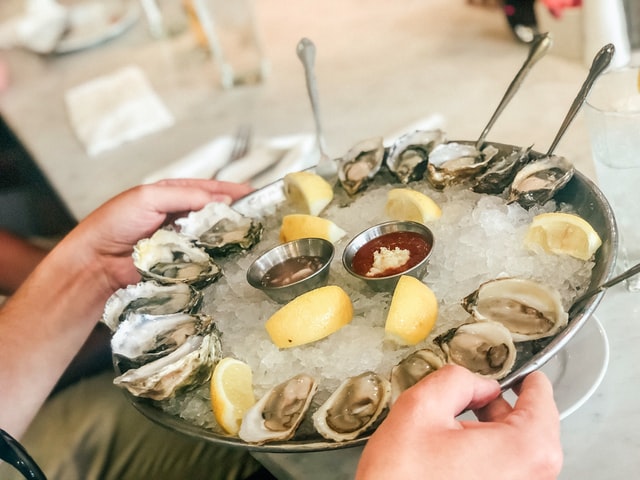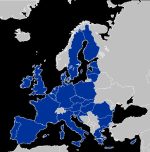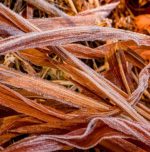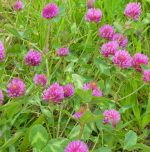Goa’s oysters, not so safe

Many tourists might have enjoyed the salt water oysters in Goa. However, traces of cadmium, a chemical found in car batteries and used in the nuclear fission processes, have been found in the edible salt-water oysters in Goa.
Cadmium is a dangerous element because of its toxicity. It is known to cause cancers and affect the development of an embryo or fetus. The element can accumulate in one’s lungs and kidneys over time.
This means that people who consume a lot of oysters could face dangerous effects whether they are locals or tourists.
According to the research by Goa-based National Institute of Oceanography (NIO), there is a high level of cadmium in oysters. In some cases, they even found its levels were five times the permissible level in oysters harvested at the Zuari river mouth, a popular source of salt-water oysters.
The oysters are considered a great local delicacy by many people. The permissible level of cadmium is two milligrams per kilogram in oysters. However, the research team has found varying levels from 3.2 milligrams per kilogram up to 11.8 milligrams per kilogram, says Parthasarthi Chakraborty, a lead researcher at NIO.
Chakraborty further stated that the NIO research team has not found the exact source of cadmium in the oyster samples studied by them. However, the next research to be done by Chakraborty’s team on can be helpful in finding reasons and source.
He said that he and his research team are trying to find out if there is a particular time of year when oysters of the Zuari bay could be safe to eat. They are trying to know if the cadmium levels in oysters changes with season. The team is currently awaiting the results.
With such dangerous elements in the oysters, their status as a local delicacy and their popularity among tourists is in danger.
Image Credit: Photo by Viviana Rishe on Unsplash (Free for commercial use)
Image Reference: https://unsplash.com/photos/QAFp7YhT-4Q










Leave a Reply